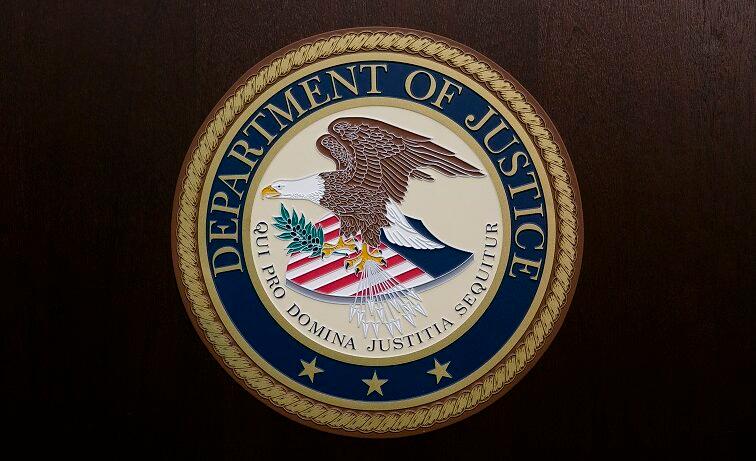A Chinese professor was found guilty on June 26 of economic espionage and theft of trade secrets, in the latest round in the Trump administration’s clampdown on Chinese state-sanctioned theft of U.S. intellectual property.
Zhang Hao, 41, was found guilty by a federal judge in San Jose, California, after a four-day trial.





